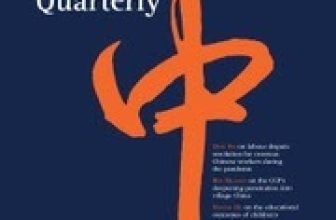
Judiciary
After defense lawyer dies during trial, judge convicted for using public funds for vacations, personal purchases

A former Alabama judge accused of using his office for personal gain and lying about it was convicted last week on 17 of 18 counts against him. (Image from Shutterstock)
A former Alabama judge accused of using his office for personal gain and lying about it was convicted last week on 17 of 18 counts against him.
The 17 counts that led to conviction alleged that Judge Gilbert P. Self Sr., the former presiding judge of the Eleventh Judicial Circuit in Lauderdale County, Alabama, used public money for personal purchases.
Prosecutors said Self used public funds to pay for a couch, alcoholic beverages, eyeglasses and vacations—including skiing, cycling and beach trips. He was also accused of using public money for tuition at conferences that he didn’t attend and trying to escape accountability by lying to a grand jury and public auditors.
Alabama Attorney General Steve Marshall announced the verdict Nov. 7.
Publications with coverage include WAFF, AL.com, WAAY and the Alabama Daily News.
Self was acquitted on one count based on an allegation that he hired his son as a law clerk and paid him without proper documentation. Self claimed that he had permission to pay his son through a law library fund, WAFF reports.
One of Self’s defense lawyers, Bryce Graham Jr., scored points during cross-examination of a government witness regarding the salary for Self’s son, Yellowhammer News reports. Graham asked whether Self had repaid the $140,000 in disputed funds and whether that included the salary paid to Self’s son. The witness said it was true.
Graham asked whether that meant that the government received 2½ years of free work from Self’s son. The witness answered in the affirmative.
Graham, 66, died of an apparent heart attack after the second week of trial.
The trial lasted three weeks, according to the state attorney general. Sentencing is scheduled for Dec. 17.
Sixteen of the 17 convictions are felonies. Intentional use of public office for personal gain has a potential sentence of two to 20 years in prison. Making false statements carries a potential sentence of one year and one day to 10 years in prison.
Self had previously blamed the problems on sloppy bookkeeping during the COVID-19 pandemic, according to the Alabama Daily News.
Another defense lawyer, Mark White, told WAFF that he and his client were “obviously disappointed” by the verdict.
White pointed out that the acquittal related to the employment of Self’s son involved the largest amount of disputed money.
White hinted that there would be an appeal.
“This is not the ending,” he told WAFF. “Frankly, on the legal side, it’s the second quarter. It’s not even halftime yet.”
Write a letter to the editor, share a story tip or update, or report an error.






